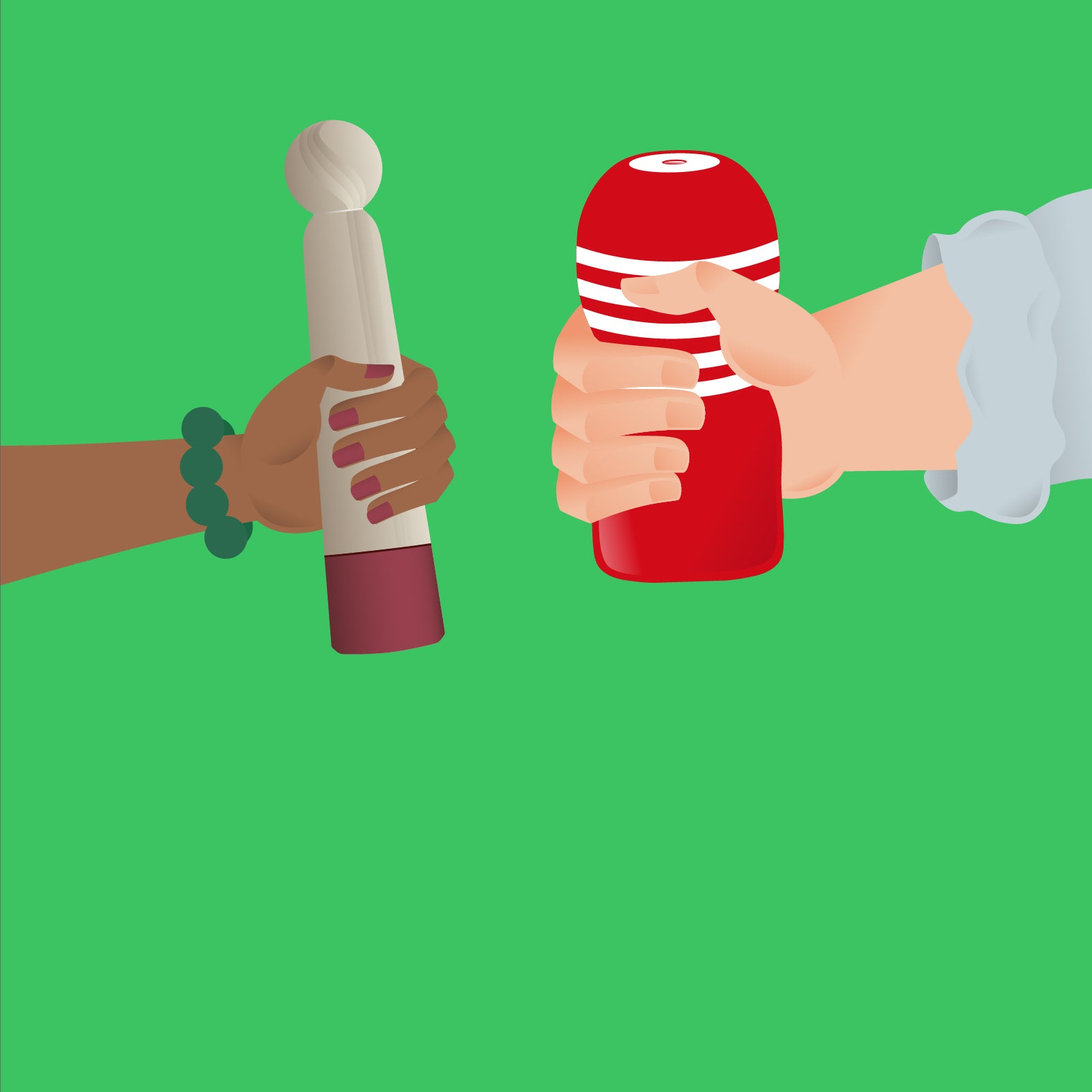
Why Men Should Care About Self-Care

The importance of self-care has been something that has become more discussed and prioritized in recent years.
A 2017 study produced by then Promundo (now Equimundo) and AXE aiming to open up a larger conversation about masculinity revealed that most men ages 18 to 30 often felt pressured by society to conform to being in the “The Man Box,” or an idea that perpetuates stereotypes of boys and young men surrounding how they should act “like a man.” These stereotypes include acting “tough,” being assertive to establish their masculinity and ignoring aspects of self-care, such as expressing emotional vulnerability and addressing their mental health.

This stigma surrounding men taking better care of themselves persists despite research that indicates how much of a positive effect it can have on their general wellbeing. However, this is slowly changing for the better. Let’s take a look at some of the research that shows the benefits of self-care, as well as the forms of self-care that may help improve your general wellbeing.
Contents
The Importance of Normalizing Self-Care for Men

Many men may think that self-care is just physical, for example, “taking a bubble bath, lighting some candles and listening to relaxing music”. The Man Box research states that this emphasis may be rooted in a belief that “Women don’t go for guys who take too much time over their clothes, skincare, hair etc.” The study also noted that many men don’t discuss mental health due to feeling that it’s not ‘masculine’ to talk openly on issues surrounding the topic, nor manly to ask for help managing problems they may be experiencing.
The study did surprisingly show that self-care associated with physical attractiveness (such as male-grooming or gym workouts) was practiced more by men who identified as being in the Man Box than those who didn’t. The Vice President of Equimundo Business Development, Tolu Lawrence, clarified that these activities may let men meet expected beauty standards but also fit within performing traditionally masculine activities, and meeting societal standards of manliness.

However, many of the key points in the ‘Man Box’, such as self-efficiency and behaving tough, dissuade men from prioritizing self-care practices that may be beneficial for their emotional and mental well-being. Just like self-care products, one of the greatest obstacles to convincing men to consider this kind of wellness is the insufficient social structures encouraging emotional vulnerability and openness with others.
These attitudes are slowly changing, even in terms of male grooming involving cosmetics thanks to positive messaging and brand campaigns changing how they portray personal grooming and well-being for men. Campaigns such as Axe’s 2017 “Is It Ok For Guys” and Dove incorporating father figures into their advertising since 2010 have helped make an impact. Men are starting to see positive reinforcement in the media and online that self-care isn’t selfish or unmanly, but important for their wellbeing.
Forms of Self-Care

There are multiple forms of self-care that you can engage in to slowly open yourself up to the benefits of looking after yourself, many of which you can do solo while you gain confidence in the positive benefits you may experience through them. Here are some we suggest.
Exercise

Regular exercise will help you to look and feel healthier. It can even help you to live longer. It’s true that finding time for exercise and sticking to an exercise schedule can be difficult and tough at first, but on average it takes most people 66 days to form habits. Stick to your new exercise routine, and it should become a regular part of your everyday life.
Meditation

When life gets too suffocating for you and you’re finding it hard to keep track of your thoughts, meditation can help you gain some balance and realign yourself. Start out by finding a quiet place and try to clear your head by observing and counting your breathing. If you’re a beginner at meditation, taking some classes or downloading meditation apps might be helpful. There are plenty of guided meditation programs for whatever you need, from helping to decrease anxiety levels, to helping you get to sleep, as well as many other topics.
Therapy

Speaking with someone who isn’t a close friend or family member can be extremely beneficial. At first, it can be tough, especially getting used to opening up and becoming more emotionally vulnerable, but the experience will eventually help. It is important to find a therapist that works well for you and suits your particular needs. Therapists can give you exercises and guidance on thought processes to help you deal with any negative thoughts and feelings that might be causing you issues in your daily life.
Nowadays especially, if you’re unable or not comfortable travelling in person to see a therapist, there are multiple options for flexible online therapy.
Self-Pleasure (Masturbation)

There are a lot of articles that you can read online detailing the benefits of self–pleasure, or in other words, masturbation. Here we’ll focus on how it may help you to relax and de-stress by producing ‘feel-good’ hormones. From raising your body confidence to increasing sexual satisfaction (solo or partnered) and even boosting your immune system, the benefits of masturbation are amazing.
Using a self-pleasure item such as the TENGA EGGs or indulging in a reusable product like the TENGA SPINNERs or one of the more luxurious TENGA FLIP Series items can add more variety and new types of stimulation to your masturbation routines too.
Simply through self-pleasure, you can receive a boost of dopamine, endorphins, serotonin, oxytocin and prolactin - all great ‘feel-good hormones’ responsible for multiple health and mental benefits. You can read more in our blog covering the subject more extensively here!
Summary
Self-care is not selfish, nor is it unmanly to indulge in. Self-care is becoming more and more a necessary way to care of yourself, both mentally and physically. Increasingly it is important for men to learn that this is normal and beneficial to living and flourishing in all areas of their lives.
To truly believe in self-care, it’s vital to prioritize and choose your own self-wellness when you can. It might sound selfish on the surface, but to really take care of yourself and maintain your wellness, there is nothing selfish in doing what’s best for you to help improve yourself. The forms of self-care above can be great ways to start increasing your overall physical and mental wellbeing, which, in turn, can make positive contributions not only to yourself but to others you care about.





